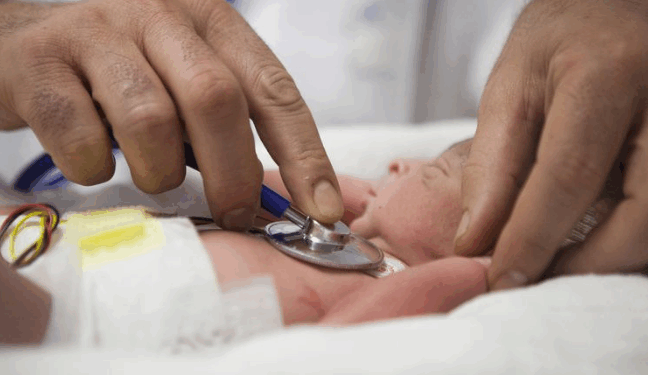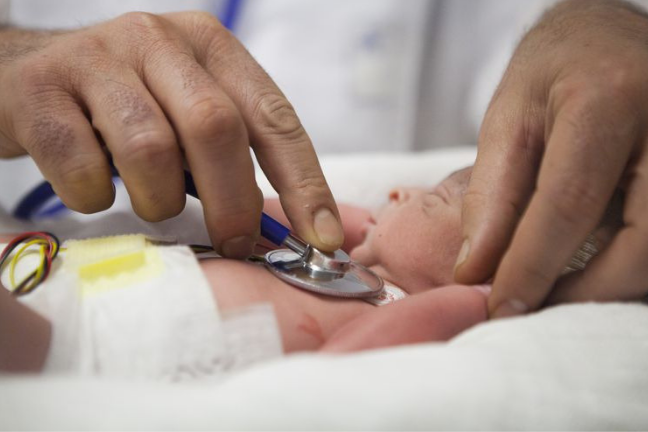A new report from Family First New Zealand exposes a deeply troubling reality. Since 2020, an average of one baby every month in New Zealand has survived an attempted abortion—yet is denied life-sustaining care.
Official government data obtained under the nation’s Official Information Act reveal that approximately 80 such infants were born alive after abortion attempts between 2020 and 2025, at gestations ranging from 20 to 30 weeks.
Even more alarming are the policies behind those numbers. Some health districts only consider resuscitation for “wanted babies” after 22 weeks and 5 days, while others defer to parental discretion on whether the child should be treated at all.
Get the latest pro-life news and information on X (Twitter). Follow @LifeNewsHQ
Family First reports that in one district, the practice has been to “wrap the baby in a blanket and hold it until it passes.”
These cases are not isolated tragedies—they mirror a global pattern of failed abortions and infants left without protection. As documented on abortionsurvivors.org, data from around the world show similar outcomes.
A 2024 peer-reviewed study in Swiss Medical Weekly analyzing Canadian health data found that among 13,777 second-trimester terminations (15–29 weeks), 11.2 percent resulted in live births—a rate that rose sharply with gestational age.
Another 2025 analysis published in JAMA revealed that survival rates for infants born at 22 weeks who receive active treatment have climbed from 25.7 percent in 2014 to 41 percent in 2023. These findings confirm what many clinicians and survivors already know: viability is increasing, and the line between “abortion” and “infanticide” grows thinner with every year that care is withheld.
Despite that reality, a 2020 amendment to New Zealand’s abortion law—which would have required life-sustaining treatment for babies born alive—was rejected by nearly two-thirds of MPs. “This is not about politics—it’s about having a heart,” said Family First NZ CEO Bob McCoskrie. He called for new legislation that mandates equal medical care for all newborns, regardless of the circumstances of birth.
At The Abortion Survivors Network, we know these children exist—because we serve them. Their stories, and those of their mothers, testify that life can and does survive abortion.
What happens next is up to us: will governments and medical professionals acknowledge these lives as worthy of protection, or continue to look away?
The New Zealand findings join a growing body of international evidence demanding transparency, compassion, and accountability. When a baby survives abortion, the question should never be whether that life deserves care—it should be how quickly we can provide it.












